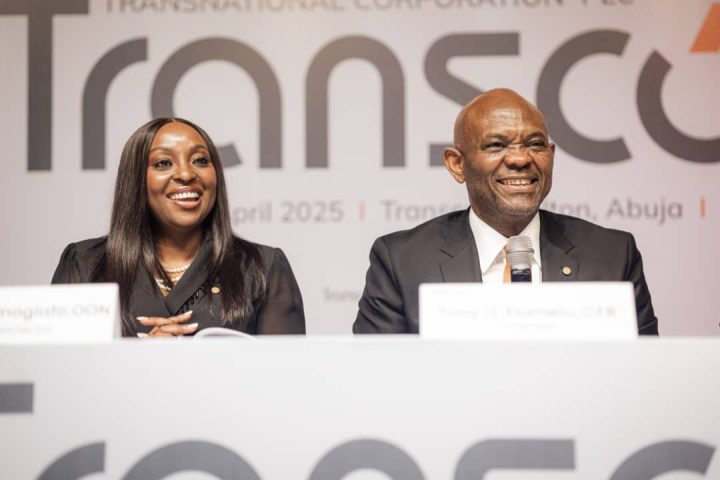For years, the World Bank decried the “multidimensional poverty” afflicting a vast swath of the Nigerian population who live on “less than $2 a day”. National Bureau of Statistics figures and our standing as the world’s poverty capital bear this out.
However, to support the obnoxious plan of the federal government to transfer N8000 monthly to Nigeria’s poor – and only 12m of them for only six months at that – the World Bank claimed on Thursday, 27 July, that the meagre sum is “substantial” for that class of people.
Join our WhatsApp ChannelPlease do the sums to understand the scale of this falsehood. N8000 is $10.12 today. It is not only less than the $2 a day the World Bank and other development institutions decried previously; it translates to 10 cents a day. Yes, 10 cents a day.
It will take 12m Nigerian poor people to earn 2.12 cents daily. What a magical improvement!
Prime Business Africa reports that the World Bank’s Lead Economist for Nigeria, Alex Siennart, backed the N8000 federal government offer which bears its imprimatur at an event on Thursday, 27 September 2023.
Prime Business Africa reported: “Sienaert argued that N5,000 to N8,000 is a substantial amount for the poor in Nigeria.”
READ: N8,000 Is Significant Amount For Nigeria’s Poor Households, World Bank Defends Tinubu
Siennaert stated: ‘The other thing we often hear is that N5,000 or N8,000 is a trivial amount of money. I think people will be shocked to know that it is a significant amount of money for many Nigerian households.
“I believe the statistics are that about 50 per cent of Nigerian households are on less than N60,000 a month. So, if you give them N5,000 or N8,000 extra for six months to help tie them over, you increase their earnings and available incomes by 10 per cent. For many households, it would be meaningful,” he was quoted to have stated during an economic review session at the Lagos Business School on Thursday.
“The World Bank’s top official said the amount is vital in ensuring the poor can still eat, go to the hospital, and not stop their children from schooling.”
“Eat, go to the hospital, and not stop their children from schooling” with an additional ten cents a day? On which planet? Does this economist know that with Tinubu following their guidance, prices have climbed the rooftop in Nigeria? Where does he reside?
Be alert, compatriots, as we enter the era of “lies, damned lies, and statistics” under World Bank supervision.
Siennart’s intervention aimed at stiffening the back of the federal government, which hurriedly suspended the offer following strident criticism.
The same World Bank economist had stated that government policies pushed at least four million Nigerians into the poverty trap in the first half of the year. He said another 7.1 million more would join the ranks if Nigeria does not implement “properly targeted measures to manage the impact of the subsidy removal”.
The World Bank said, “Compensating transfers will be essential in helping to shield Nigerian households from the initial price impacts of the petrol subsidy reform.”
Curiouser and curiouser. The World Bank recommended removing the fictitious subsidy and floating the Naira. It also canvasses measures to contain the damage arising from its policy recommendations. Where are the supposed gains? Only the “experts” can see the gains so far.
















Follow Us